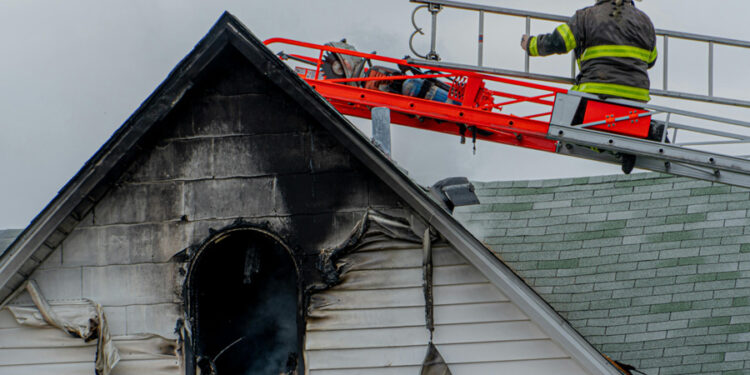Fire Damage and Legal Recovery: What Victims Should Know

Fire damage can be catastrophic, leaving victims with not only physical destruction but emotional turmoil as well. Recovering from such an incident involves navigating a complex landscape of insurance claims, legal proceedings, and emotional healing. This guide aims to equip victims with essential knowledge about their rights, the recovery process, and the resources available to them.
Understanding Fire Damage
When a fire strikes, it can affect homes, businesses, and the environment. The immediate aftermath typically includes significant damage to property, loss of personal belongings, and potential health risks from smoke inhalation or hazardous materials. Victims often face overwhelming challenges as they try to rebuild their lives.
Types of Fire Damage
Structural Damage:
This includes damage to the building’s framework, walls, and roof. Such damage often requires extensive repairs and inspections to ensure safety.
Smoke Damage:
Even if flames do not directly reach certain areas, smoke can infiltrate walls and spaces, leaving lingering odors and soot that require professional cleanup.
Water Damage:
Firefighting efforts can also lead to water damage, complicating the recovery process further.
Loss of Personal Property:
Many victims suffer the loss of irreplaceable items, including family heirlooms, documents, and personal effects.
Legal Considerations for Fire Damage Victims
After experiencing fire damage, understanding your legal rights and options is crucial. Here are several key areas that victims should be aware of as they move forward:
Insurance Claims
One of the first steps after a fire is to contact your insurance company. Most homeowners’ or renters’ policies cover fire damage, but the specifics can vary significantly. Victims should:
Review Their Policy:
Understand what types of damage are covered and any exclusions that may apply.
Document Everything:
Take photographs of the damage, make an inventory of lost items, and keep receipts for any emergency repairs made immediately after the incident.
File a Claim Promptly:
Insurance policies typically require you to report damages within a specific timeframe. Delaying this can jeopardize your claim.
Seeking Legal Assistance
Navigating insurance claims and potential lawsuits can be complicated. It may be wise to consult with an attorney who specializes in fire damage cases. A qualified lawyer can help you:
Understand Your Rights:
They will clarify what you are entitled to under the law and your policy.
Negotiate with Insurers:
Insurance companies are notorious for lowballing claims. An attorney can advocate on your behalf for fair compensation.
Consider Liability Issues:
If the fire was caused by someone else’s negligence—such as faulty wiring or a defective product—you may have grounds to pursue a lawsuit against those responsible.
To ensure your rights are protected and to receive comprehensive support in your recovery process, you can contact an experienced fire damage attorney who will guide you through the legal complexities.
Recovery Process After Fire Damage
The recovery process is not just about rebuilding physically; it also involves emotional and psychological healing. Consider these aspects:
Emotional Support
Experiencing a fire can lead to feelings of loss, anxiety, and depression. It’s essential for victims to seek support through:
Counseling Services:
Professional help can guide individuals through trauma and help them cope with their emotions.
Support Groups:
Connecting with others who have gone through similar experiences can provide comfort and understanding.
Rebuilding Your Life
Once you’re in a stable place emotionally, focus on the practical steps toward rebuilding:
Hire Trusted Contractors:
When repairing or rebuilding, work with licensed contractors who have experience in fire restoration.
Stay Organized:
Keep all records related to damages, repairs, and insurance claims organized to facilitate the recovery process.
Take Care of Yourself:
Remember to prioritize self-care and lean on friends and family for support throughout the recovery journey.
Conclusion
Victims of fire damage face a daunting road ahead, but understanding their rights and options is the first step toward recovery. By tackling insurance claims strategically, seeking legal advice when necessary, and leaning on both emotional and community support, individuals can navigate this challenging time more effectively.
Fires can bring significant despair, but with the right support and knowledge, you can reclaim your life and move forward.






